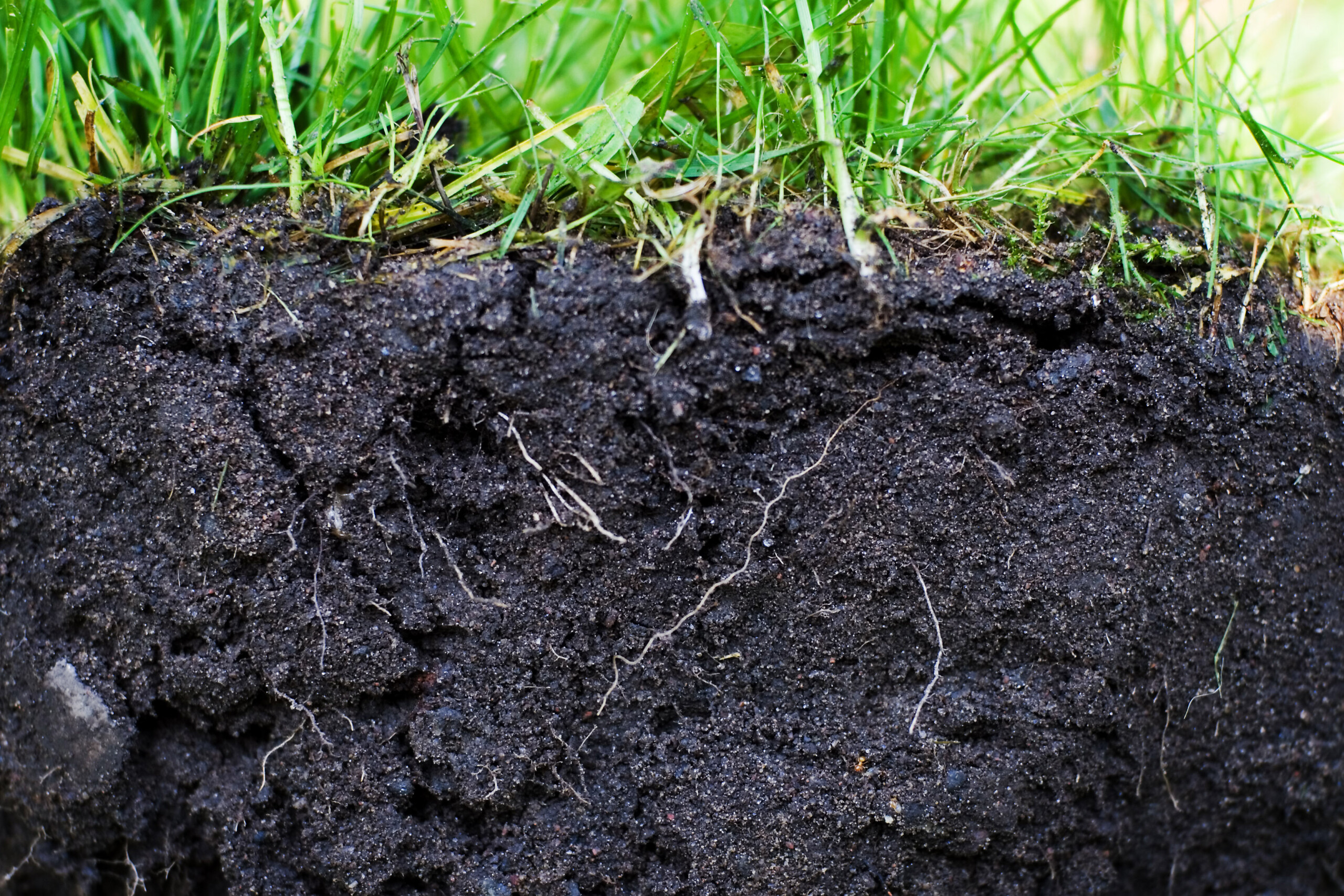

Activated carbon, also called activated charcoal, is usually produced from charcoal in granular or powdered form. It is a form of carbon that has been processed (activated) to make it highly porous, with a very large surface area available for physical adsorption or chemical reactions. Among others, water treatment is an important application of activated carbon. Activated carbon filters treat general taste and odor problems, including chlorine residue, various organic chemicals, and the radioactive gas radon. This publication discusses various types of activated carbon water treatment systems, their usefulness and limitations, along with required maintenance.

Published by University of Georgia Cooperative Extension. For more information or guidance, contact your local Extension office.
The University of Georgia College of Agricultural and Environmental Sciences (working cooperatively with Fort Valley State University, the U.S. Department of Agriculture, and the counties of Georgia) offers its educational programs, assistance, and materials to all people without regard to age, color, disability, genetic information, national origin, race, religion, sex, or veteran status, and is an Equal Opportunity Institution.
Status and Revision History
- Published on February 15, 2021
- Published with Full Review on July 17, 2024
What is a Bulletin?
Bulletins represent a major writing effort and cover a broad subject area. They address individual topics in a particular discipline for a specific commodity.
Written and Reviewed by Experts
This resource was written and reviewed by experts. Click below for more information on how we produce science you can trust.






